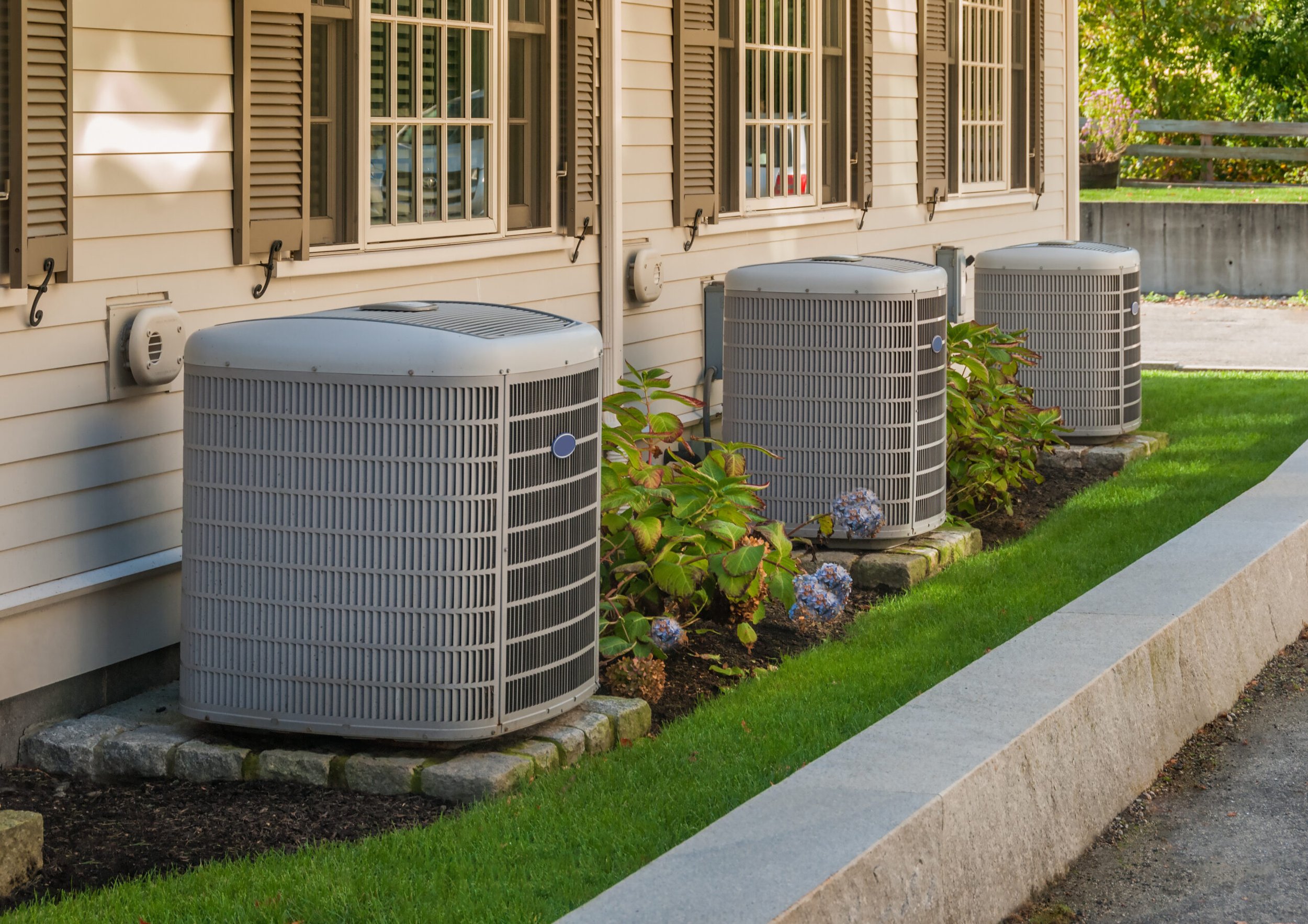Navigating the Efficiency of HVAC Systems: An Insight into Sustainable Indoor Comfort
When it comes to maintaining indoor comfort, HVAC (heating, ventilation, and air conditioning) systems play a crucial role. Have you ever pondered the energy efficiency of these systems? This blog post aims to explore the world of HVAC systems, shedding light on their energy efficiency and why it's a significant factor for both your budget and environmental considerations.
Understanding Energy Efficiency in HVAC:
SEER Ratings:
HVAC systems are commonly assessed based on their Seasonal Energy Efficiency Ratio (SEER). A higher SEER rating signifies superior energy efficiency. Contemporary systems come equipped with cutting-edge technology, providing impressive SEER ratings for optimal performance.
Smart Thermostats:
The incorporation of smart thermostats allows for precise temperature control. These devices adapt to your routine, optimizing energy consumption by adjusting settings as needed, ensuring your home is comfortable when you need it to be.
Variable-Speed Motors:
Energy-efficient HVAC systems often feature variable-speed motors. Unlike traditional systems that operate at a constant speed, these motors adjust their speed based on heating or cooling requirements, leading to more efficient operation and reduced energy usage.
The Advantages of Energy-Efficient HVAC Systems:
Cost Savings:
Upgrading to an energy-efficient HVAC system can lead to substantial savings. By minimizing energy consumption, you'll observe a positive impact on your monthly utility bills.
Environmental Impact:
HVAC systems account for a significant portion of residential energy use. Opting for an energy-efficient model helps decrease your carbon footprint, promoting a more sustainable and eco-friendly living space.
Enhanced Comfort:
Energy-efficient systems ensure consistent and quiet operation. Enjoying a comfortable indoor environment throughout the year becomes not only achievable but an efficient and seamless experience.
Incentives and Rebates:
Many energy companies and government programs provide incentives and rebates for transitioning to energy-efficient HVAC systems. These financial benefits can further sweeten the deal when considering an upgrade.
Making the Transition:
Considering the environmental impact and long-term cost-effectiveness, making the switch to an energy-efficient HVAC system is a prudent decision. Consult with HVAC professionals to evaluate your specific needs and explore tailored options available for your home.
Conclusion:
In summary, the energy efficiency of HVAC systems is a critical factor for homeowners seeking to balance comfort, cost savings, and environmental consciousness. With technological advancements and a growing emphasis on sustainability, transitioning to an energy-efficient HVAC system not only elevates your living experience but also contributes to a more environmentally responsible future. Take the initial step toward sustainable comfort and explore the diverse possibilities of energy-efficient HVAC solutions for your home.

